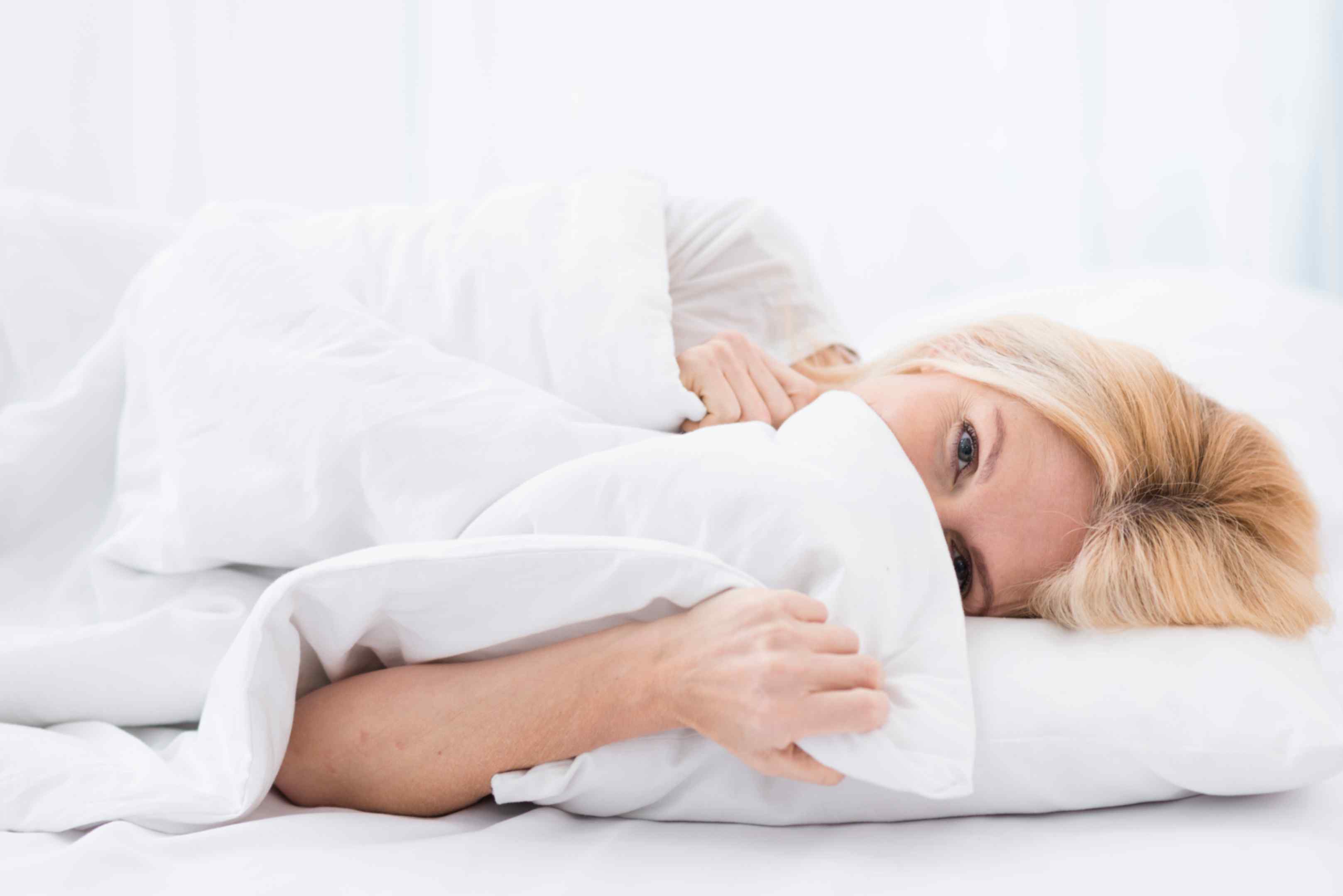How Much Sleep do Adults Need?
Sleep is essential for your health. It is the time when your body gets the time to rest, relax and heal. Getting enough sleep helps improve concentration, memory, productivity and restores energy. On the other hand, inadequate sleep can put your health and wellbeing at risk.
So naturally, this question comes to our mind — How much sleep do adults need?
How Many Hours of Sleep do You Actually Need as an Adult?
According to the NHS, 6 to 9 hours of sleep is recommended for most adults. Whereas, the Sleep Foundation recommends 7 to 9 hours of sleep to adults to function optimally.
|
Age Range |
Recommended Hours of Sleep |
|
|
Teen |
14-17 years old |
8-10 hours |
|
Young Adult |
18-25 years old |
7-9 hours |
|
Adult |
26-64 years old |
7-9 hours |
|
Older Adult |
65 or more years old |
7-8 hours |
Source: The Sleep Foundation
Now one can ask,
Are 6 hours of sleep enough?
The answer isn't a simple one. Sleep requirement depends on multiple factors, like the overall health condition, age, stress, mental health, medication and diseases among many others. And then your sleep quality also matters, so spending 6 hours in bed might not always be enough.
On stressful days like at present amid the COVID pandemic, a night of restful and peaceful sleep can help your body stay strong.
So it’s a good idea to sleep 1-2 more hours and allow your body to function better.
What Happens When You’re Sleep Deprived
Sleep deprivation takes a toll on the heart and mental health and affects your productivity, creativity, immunity, thinking ability and vitality. In some cases, the lack of sleep has been linked to weight gain issues.
Not getting enough sleep on a regular basis wrecks havoc on the body and mind.
Here’s what can happen if you’re sleep deprived:
- Tiredness; lack of energy, enthusiasm and motivation.
- Increased risk of heart disease.
- Signs of intrinsic skin ageing.
- Anxiety, stress, depression and other mental health problems.
- Poor memory, concentration; impaired problem solving and decision-making abilities.
- Weak immunity.
- Increased chances of weight gain, high blood pressure, diabetes.
How to Sleep Better and Stay Healthy
Sleep is essential for staying healthy. Your goal should be to sleep not only enough hours but also improve sleep quality.
By following these simple practices, you can indeed sleep better and stay fit:
1. Fix Your Sleep Schedule
Create and maintain a sleep schedule, even during the weekends. By keeping a regular sleep schedule you help your body maintain its internal clock and improve sleep quality.
2. Pre-Bedtime Relaxing
Switch off your mobile, computers, and gadgets well ahead of your bedtime. Research suggests that drinking chamomile tea and listening to relaxing music induce sleep.
3. Choose the Right Mattress, Pillows and Bed Sheets
Your mattress and pillow quality directly influence your sleep. Choose the right mattress that fits your bodyweight and pillows that support your neck and spine. Or you can suffer from a sore neck in the morning. Sleep on clean and pure cotton bed sheets as cotton being natural is breathable and gentle on your skin.
4. Exercise Enough
Staying physically active decreases insomnia and sleeplessness. According to the experts at the Johns Hopkins, anaerobic exercise can release endorphins and aid in good sleep. You can also practice yoga for a good night’s sleep.
Getting more sleep is crucial but improving sleep quality is equally important. By following the best practices and eliminating distractions, you can surely grab adequate sleep and stay healthy and happy. If you’re experiencing serious sleep issues, consult a doctor.
Reference:


